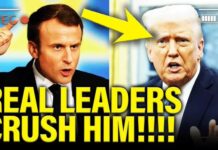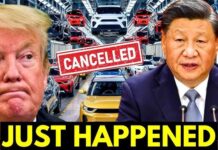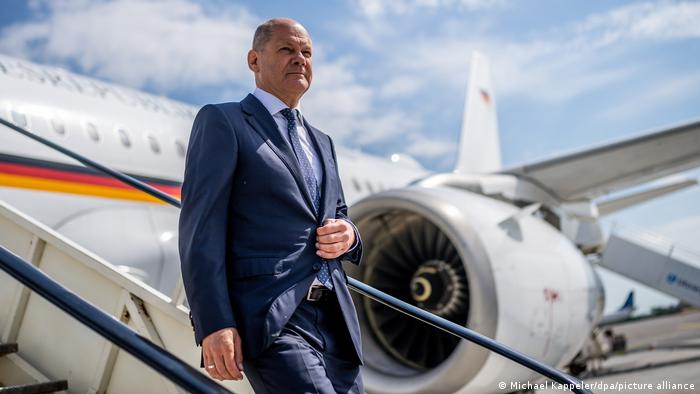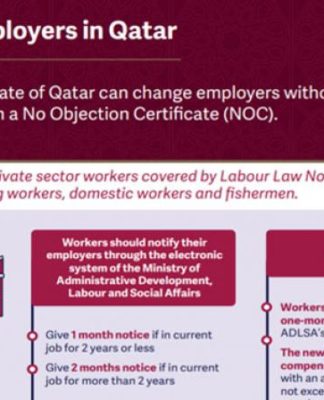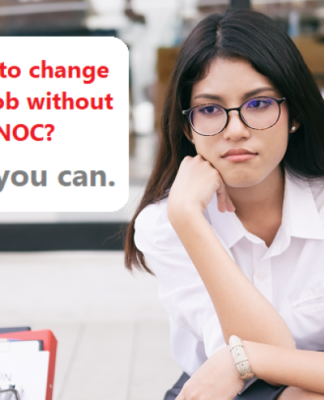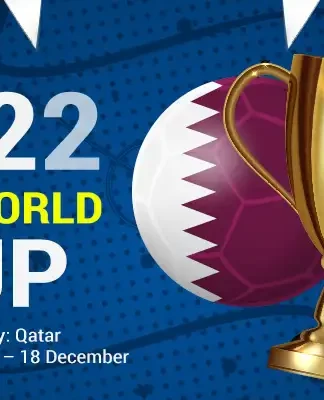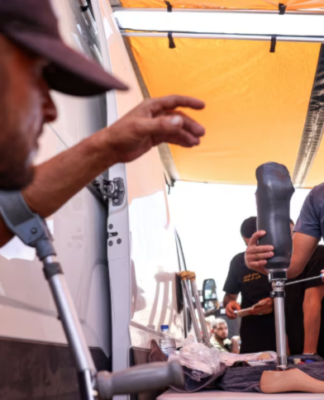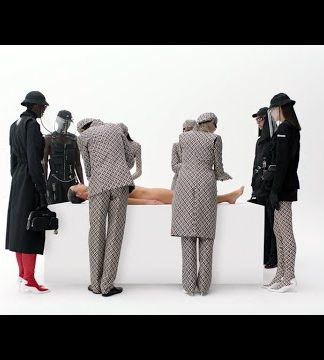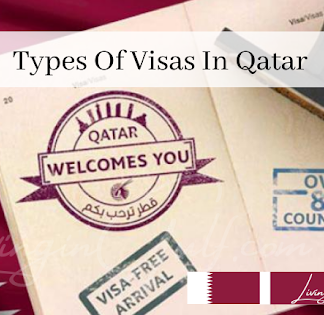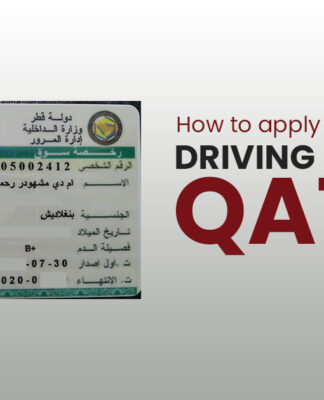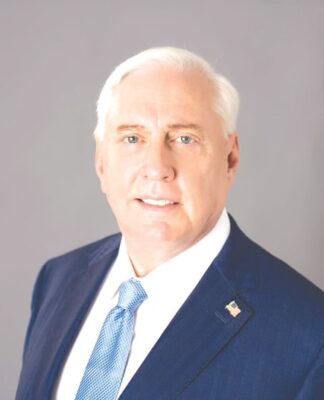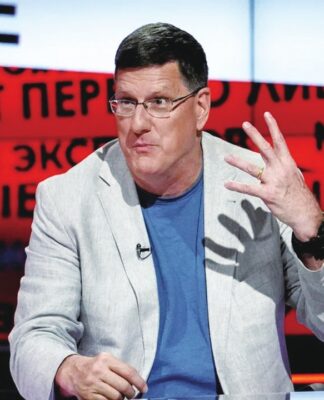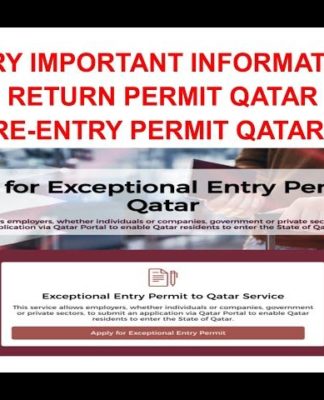Ukraine: Chancellor Scholz planning trip to Kyiv according to German media — as it happened
German newspaper Bild has reported that Chancellor Olaf Scholz is planning a trip to Kyiv at the end of June. Meanwhile, the EU Commission president visited Kyiv to discuss Ukraine’s bid to join the bloc. DW has more.
 The reported planned visit to Ukraine would be German Chancellor Olaf Scholz’s first trip to the country
The reported planned visit to Ukraine would be German Chancellor Olaf Scholz’s first trip to the country
- Mariupol faces health catastrophe, mayor says
- Bucharest 9 group urges Russia to withdraw troops from Ukraine
- Biden says nobody fully believed US warnings over Russia’s intentions
- Ursula von der Leyen is in Kyiv where she is meeting Ukrainian President Volodymyr Zelenskyy
- German publication Bild am Sonntag reported Chancellor Scholz is planning trip to Kyiv
This live updates article has been closed. For the latest on Russia’s invasion, please click here.
Chancellor Scholz to travel to Kyiv — report
German newspaper Bild am Sonntag reported on Saturday that German Chancellor Olaf Scholz is planning a trip to Kyiv. The visit would be a joint trip with French President Emmanuel Macron and Italian Prime Minister Mario Draghi according to the publication.
The German government has not commented on the report. Bild says it drew the information from Ukrainian and French government circles.
According to the report Chancellor Scholz is planning to go to Kyiv before the G7 summit at the end of June. The joint trip is said to signify European unity in support of Ukraine.
Family of British foreign fighter ‘devastated’ by death sentence
The family of a UK national, who was fighting for Ukraine and was condemned to death by a court in the self-proclaimed Donetsk People’s Republic (DNR) , said they were devastated by the outcome of what they said was an “illegal show trial.”
Shaun Pinner was one of three foreign men convicted by the separatist court for allegedly engaging in mercenary activities and terrorism.
In a statement issued by Britain’s Foreign Office, Pinner’s family said the 48-year-old had been a resident of Ukraine for four years.
“We sincerely hope that all parties will cooperate urgently to ensure the safe release or exchange of Shaun. Our family, including his son and Ukrainian wife, love and miss him so much and our hearts go out to all the families involved in this awful situation,” the statement said.
The family said Pinner was a “contracted serving marine in the 36th Brigade,” a Ukrainian naval infantry division that was helping defend the besieged southern port city of Mariupol.
As such, Pinner “should be accorded all the rights of a prisoner of war according to the Geneva Convention and including full independent legal representation,” the family added.
F1 star Vettel wears T-shirt with Russian word for peace
Four-time world champion Sebastian Vettel wore a T-shirt with the words “friends” and “peace” in Russian, with two hands depicted shaking hands. In addition, the German Formula One driver wore sweatbands in the blue and yellow colors of Ukraine.
Vettel has already spoken out several times against the Russian invasion and in March wore a special helmet to express solidarity with Ukraine.
The 34-year-old wore the T-shirt ahead of practice in Baku.
 Along with sweatbands in the colors of the Ukrainian flag, Vettel wore a T-shirt adorned with the word ‘peace’
Along with sweatbands in the colors of the Ukrainian flag, Vettel wore a T-shirt adorned with the word ‘peace’
Azerbaijan was occupied by the Soviet Union in 1920 and until its independence in 1991, had Russian as its official language along with Azerbaijani.
Von der Leyen arrives in Kyiv for Zelenskyy talks
European Commission President Ursula von der Leyen returned to Kyiv on Saturday for a meeting with President Volodymyr Zelenskyy as the EU is evaluating Ukraine’s bid to start the accession process and ultimately join the bloc.
Ukraine submitted its EU membership bid in March and the European Commission is expected to publish its assessment on whether the country should be granted candidate status next Friday.
“With President Zelenskyy I will take stock of the joint work needed for reconstruction and of the progress made by Ukraine on its European path,” von der Leyen said in a post on Twitter.
This is the second time von der Leyen has visited Ukraine since the start of the war. In April she visited Bucha, where hundreds of civilian bodies were found after Russian troops withdrew from the city.
Appearing alongside Zelensky for a brief declaration to media, Von der Leyen did not hold out any promises regarding Ukraine joining the EU.
“You have done a lot in strengthening the rule of law, but there still need to be reforms implemented, to fight corruption for example or to modernise this well-functioning administration, to help attract investors,” she noted.
Zelensky said that a positive reply from the European Union on his country’s bid for membership would be a historic moment for Europe.
“A positive response from the European Union to Ukraine’s application for EU membership would be a positive answer to the question of whether the European project has a future at all,” he said.
The Ukrainian people “have already made a huge contribution to the defense of common freedom,” Zelensky added.
Germany’s Culture Minister opposes ‘boycotting everything that is Russian’
Germany’s Minister of State for Culture Claudia Roth says she is against an entire boycott of Russian artists against the backdrop of the war in Ukraine.
“I think it would be wrong to say that we are now boycotting everything that is Russian. After all, it is often the artists who try to preserve or expand the last spaces of freedom,” Roth said in an interview with German news magazine Der Spiegel on Saturday.
Though Roth did add “it becomes difficult when it comes to cases such as that of the conductor Valery Gergiev, who clearly supported Putin’s actions in Georgia, Crimea and Syria, or Anna Netrebko, who in the past showed a great deal of closeness to Putin and allowed herself to be photographed with the so-called separatists in the Donbas region.”
Earlier this week, Roth visited the Ukrainian port city of Odesa on the Black Sea, where she said: “This war is also a war against culture, against the culture of democracy.”
US: Russian invasion example of ‘oppressors trampling the rules’
US Defense Secretary Lloyd Austin said Saturday that “Russia’s invasion of Ukraine is what happens when oppressors trample the rules that protect us all.
“It’s a preview of a possible world of chaos and turmoil that none of us would want to live in,” Austin said at the Shangri-La Dialogue in Singapore, Asia’s premier defense conference.
UK: Russia launching 1960s-era anti-ship missiles
Since April, Russian bombers have “likely” been launching “dozens” of 1960s-era heavy, anti-ship missiles meant to destroy aircraft carriers with nuclear warheads against land targets in Ukraine, the British military intelligence said its latest update on the situation in Ukraine.
It said the Kh-22 missiles, when used in ground attacks with conventional warheads, are “highly inaccurate and can cause severe collateral damage and casualties.”
“Russia is likely resorting to such inefficient weapon systems because it is running short of more precise modern missiles.”
Serhii Haidai, governor of Luhansk province, also accused Russia of flamethrowers in a village in Ukraine’s eastern Luhansk province, southwest of the fiercely contested cities of Sievierodonetsk and Lysychansk.
Although the use of flamethrowers on the battlefield is legal, Haidai alleged the overnight attacks in Vrubivka caused widespread damage to civilian facilities and an unknown number of victims.
Ukraine reports deaths of 24 more children in Mariupol
The office of Ukraine’s prosecutor general said on Saturday that it has learned of the deaths of 24 more children in Mariupol “as a result of the indiscriminate shelling by the Russian military.”
In total, the office said that at least 287 children have died since February 24, when the Russian incursion began.
“These figures are not final, as work is underway to establish them in places of active hostilities, in the temporarily occupied and liberated territories,” the office said on the Telegram messaging app.
Biden says nobody fully believed US war warnings, not even Zelenskyy
US President Joe Biden said his Ukrainian counterpart Volodymyr Zelenskyy had doubted US intelligence about Russia’s pending invasion.
He said many people thought he was exaggerating when he warned of the possibility of a Russian attack.
“(Russian President Vladimir Putin) was gonna go into the border. And there was no doubt, and Zelenskyy didn’t want to hear it, nor did a lot of people. I understand why they didn’t want to hear it, but he went in,” Biden said.
He was speaking at fundraisers for his Democratic party in Los Angeles.
In the weeks before the war began on 24 February the Biden administration escalated warnings of a “very distinct possibility” of a Russian invasion.
Biden added, “I knew we had data to sustain” the assessment.
BASF CEO says co-funding Nord Stream 2 was a mistake
The CEO of German multinational chemicals giant BASF, Martin Brudermüller, told the Süddeutsche Zeitung newspaper that his company should have reevaluated its business ties in Russia in light of the 2014 annexation of Crimea.
Brudermüller said that at the time, based on what he called the long and reliable partnerships BASF had, the company decided to co-fund the project.
“Would we do it again? No,” Brudermüller said. The project has since been suspended, indefinitely as it stands.
The BASF CEO also said that a gas embargo could lead to serious consequences for the company.
“In the event that we are no longer receiving gas, then it’s a matter of hours before the shutdown of the Ludwigshafen facility,” he said. “Then the enormous facility would stand idle for the first time in its history.”
Brudermüller also argued that a gas embargo would not be the best means to facilitate an end to the war in Ukraine. He said that limits on crucial high-tech products might hit harder, specifically citing aircraft replacement parts, electronic semiconductors and software updates.
Zelenskyy requests more weapons in nightly address
Ukrainian President Volodymyr Zelenskyy said heavy weapons and artillery determine the Ukrainian army’s ability to fend off Russian attacks in the Donbas region.
Zelenskyy said Ukrainian forces “are doing everything to stop the offensive, as much as they possibly can,” and that they would continue to do so “as long as there are enough heavy weapons, modern artillery.”
He added, “All of these ruins of once-happy cities, the black traces of fires, the craters from explosions — this is all that Russia can give to its neighbors, to Europe, to the world.”
Zelenskyy thanks UK for support
Ukrainian President Volodymyr Zelenskyy thanked the UK for its “effective support” after a meeting with UK Defense Secretary Ben Wallace in Kyiv.
Wallace is in Kyiv on an unannounced trip to meet with Ukrainian Defense Secretary Oleskii Reznikov.
Zelenskyy’s office said in a statement, “The war showed who our real friends and partners are, not only strategic, but effectively acting today. Great Britain is one of such friends.”
Cholera spreads in Mariupol
The mayor of the port city of Mariupol Vadym Boychenko said sanitation systems were broken and corpses were rotting in the streets after the city was reduced to ruins by a Russian siege.
“There is an outbreak of dysentery and cholera… The war which took over 20,000 residents … unfortunately, with these infection outbreaks, will claim thousands more Mariupolites,” he told Ukrainian television.
Boychenko is no longer in the city following its capture.
He called on the United Nations and the International Committee of the Red Cross to work on setting up a humanitarian corridor to allow remaining residents to leave the city, which is now under Russian control.
What happened in Russia’s invasion of Ukraine on Friday
The leaders of the Bucharest Nine (B9) group called on Russia to withdraw its forces from the territory of Ukraine and ensure accountability for war crimes and atrocities committed in the country.
Organization for the Prohibition of Chemical Weapons said it is keeping a close eye on Ukraine since Russia’s invasion to monitor “threats of use of toxic chemicals as weapons.”
The United Kingdom’s foreign minister Liz Truss said the death sentences handed to Britons Aiden Aslin and Shaun Pinner by a separatist court in the self-proclaimed “Donetsk People’s Republic” (DNR) were “an egregious breach of the Geneva Convention,” saying that they were member of Ukraine’s military and not mercenaries.
The German government has joined the international chorus of condemnation of the sentences. The Foreign Ministry wrote on Twitter that “as combatants they are prisoners of war and entitled to special protections under the Geneva Convention.”
German Health Minister Karl Lauterbach has pledged more medical support to Ukraine, especially to those who have been severely injured.
Ukrainian grain exports are rising and nearing 2 million metric tons per month now, European Commissioner for Agriculture Janusz Wojciechowski said.
Ukrainian President Volodymyr Zelenskyy called on the European Union once again to step up the tempo on processing his country’s bid to join the bloc.
French President Emmanuel Macron has told Zelenskyy that his country will deliver more heavy weaponry to Ukraine.
The Ukrainian armed forces said its troops are still holding onto the key Donbas city of Sievierodonetsk amid heavy Russian attacks.
You can revisit our updates from Friday, June 10, here.
jsi, dh, ar/wd,kb (AFP, AP, dpa, Reuters)






